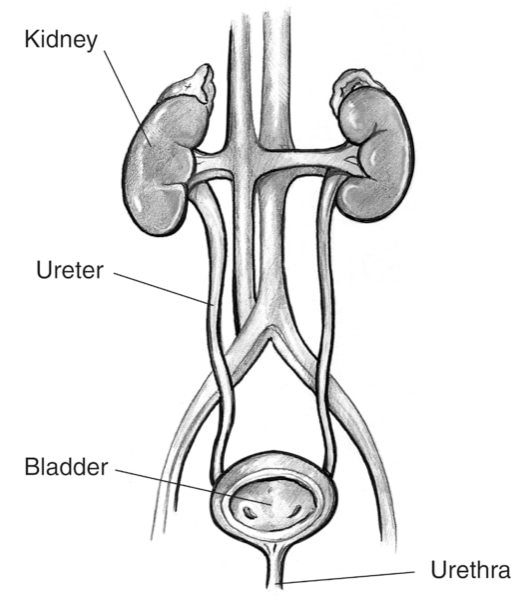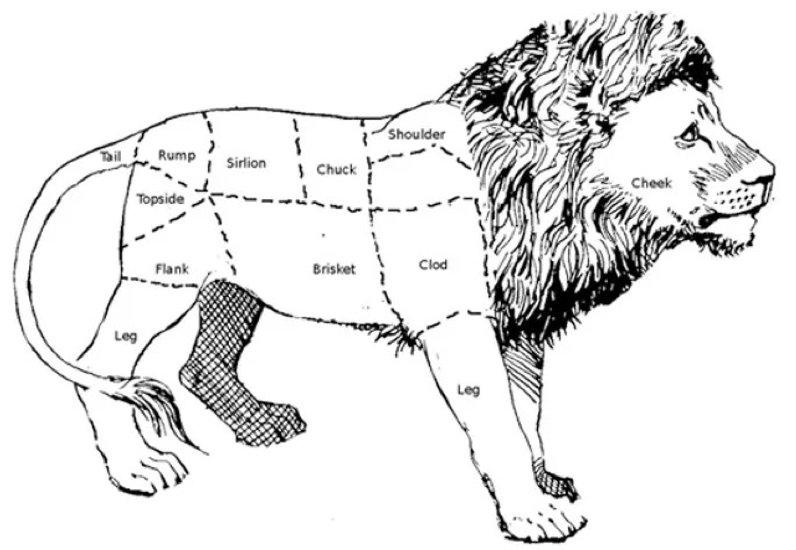Can you tell an uncomplicated UTI from bladder cancer? It’s time to find out!
Welcome to Queensland’s on-line UTI training program for pharmacists.
You have 45 minutes to answer all of the questions.If you are unable to answer any of the questions please move onto the next. You will not be penalised for any incorrect answers given.
Question 1
The organ system represented below is:
- The kidney, ureter, bladder and urethra, commonly referred to as the urinary system
- A thumb
- A Montaigne de Felcher organ

Question 2
You suspect that a patient has an uncomplicated UTI with a low probability of antibiotic resistance. Do you recommend:
- 2L of bleach and a metal funnel
- A 21-day course of broad-spectrum antibiotic with plenty of yoghurt and toilet roll
- A short course of nitrofurantoin
Question 3
When is it appropriate to ask a female patient if they think they might have chlamydia:
- In a busy pharmacy full of strangers
- On Christmas day when their mother is within earshot
- Probably never
Question 4
When asking a patient about UTI symptoms it is appropriate to ask:
- Do you have any burning or stinging when you pass water
- Does it feel like you’re trying to piss out an unacceptably large lobster
- Have you ever had sex with a farm animal, and if so have you had sex with one of them today

Question 5
A patient is systemically unwell with rigors. The picture below is an oblique reference to:
- Loin pain
- Lion pain
- Lino pain

Question 6
Which baterium is the most common cause of UTIs:
- E. coli
- Ee By Gum
- Eeyore
Question 7
What do rhubarb and bladder stones have in common:
- Is this the start of some kind of lame Dad joke
- Both are poisonous if you eat the stalk
- Oxalic acid
Question 8
Is the following statement true or false? When discussing urethral anatomy with a patient it’s often useful to refer to an illustrated bird-beak chart like the one below:

Question 9
The differential diagnosis of increased urinary frequency and dysuria is so wide that it’s probably best if you speak to:
- A fully qualified doctor
- A pharmacist
- A chartered accountant
You have reached the end of the examination. Please check your answers carefully before handing in your exam sheet.


